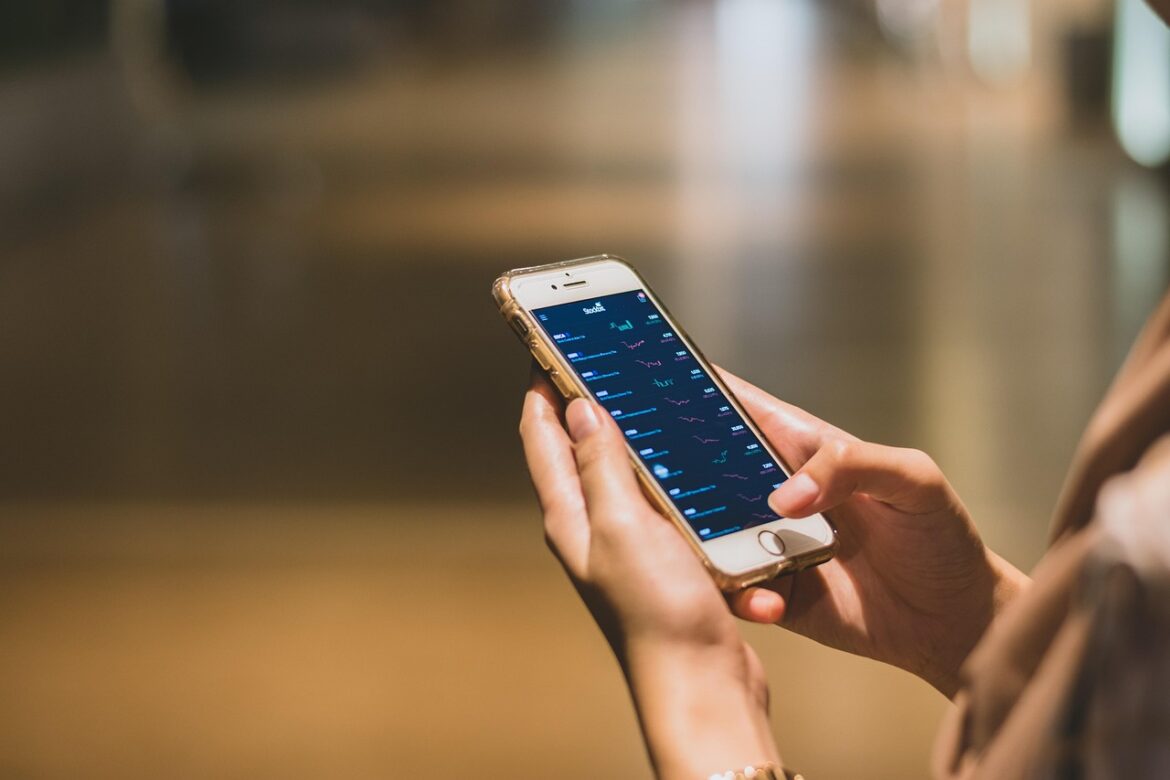Mental health apps are not just tech novelties anymore—they’re becoming practical tools that many turn to for support in moments of stress or when facing more chronic issues. In 2025, several standout apps are trending because they blend science, real user experiences, and accessible tech to offer meaningful help.
Happify: Making Stress Lighter with Games Imagine fighting stress and anxiety with games and activities designed to build your resilience. That’s Happify’s approach, using evidence-based methods to strengthen coping skills. Many users report feeling more equipped to handle daily pressures after setting goals and following Happify’s tailored activities. It’s available on both Android and iOS, so it’s handy wherever you go.
PTSD Coach: Support for Trauma Survivors Originally developed for veterans but useful to anyone, PTSD Coach offers tools to track symptoms and find local help. In tense moments, users can quickly call a crisis hotline. For many Americans facing the invisible scars of trauma, this app provides a lifeline and personalized support right in their pocket.
TogetherAll: Community Meets Therapy In the UK and Canada, TogetherAll combines peer support with professional mental health guidance. Users can join supportive forums where sharing stories creates a network of understanding and encouragement. Licensed therapists also offer insight, making it more than just a chat group—this app is a bridge to professional care with an affordable angle.
Mindfulness Giants: Calm and Headspace Many swear by meditation for mental wellbeing, and apps like Calm and Headspace lead the way. With guided meditations focused on sleep, stress, and mindfulness, people find peaceful moments amid busy lives. NHS England recommends these apps, highlighting their growing acceptance in mainstream mental health care.
Balanced Use: When Apps Support but Don’t Replace Experts stress these apps are best used alongside professional care, not instead of it. They can be a first step or an extra support layer, especially when therapy isn’t immediately accessible. However, those with severe symptoms should reach out to licensed professionals for tailored treatment.
Mental health apps are helping users around the globe to feel less alone, more understood, and better equipped to handle life’s challenges. Whether it’s through games, community, or meditation, these digital tools are carving out a space for ongoing, accessible mental wellness support.
References:
- https://www.betterhelp.com/advice/general/the-best-mental-health-apps-for-depression-anxiety-beyond/
- https://www.methodist.edu/wp-content/uploads/2025/06/graduate25-26a.pdf
- https://www.openpr.com/news/4080183/mental-health-apps-market-hits-new-high-major-giants-talkspace
- https://www.arizonacollege.edu/wp-content/uploads/2025/06/AZC_Catalog_BSN_20250627_No25_V11.pdf
- https://www.betterhelp.com/advice/therapy/supporting-mental-health-and-wellbeing-with-free-mental-health-apps-uk/
- https://www.dignityhealth.org/content/dam/dignity-health/pdfs/chna/2025/French-CHNA-2025-Report.pdf
- https://news.harvard.edu/gazette/story/2025/06/got-emotional-wellness-app-it-may-be-doing-more-harm-than-good/
- https://www.kendallhealth.org/wp-content/uploads/2025/06/2025-Community-Needs-Assessement-and-Plan.pdf



